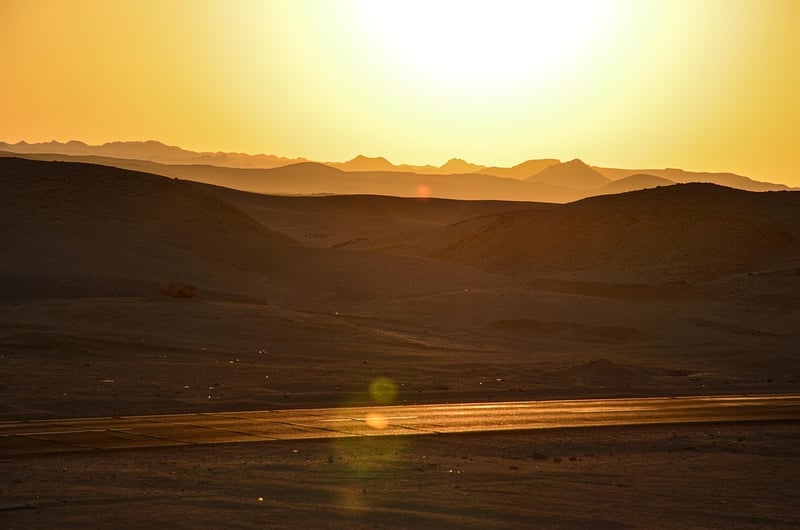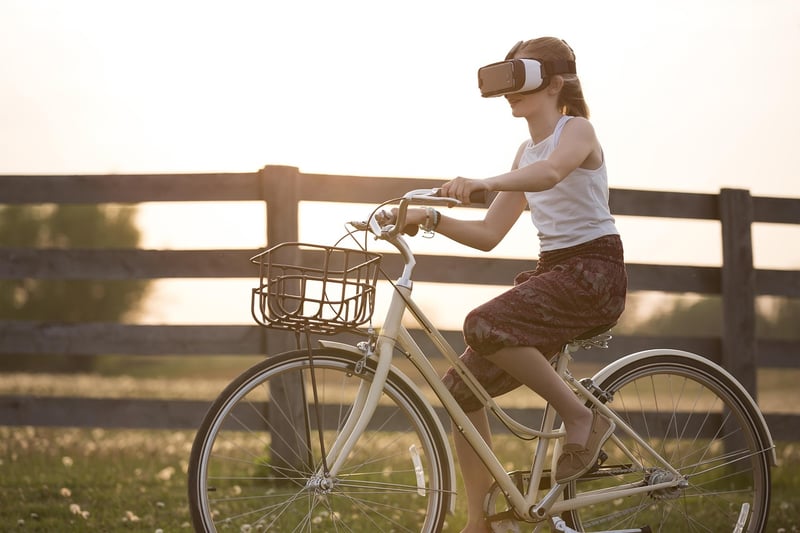Future Technologies
Exploring Different Eras and Future Technologies
A Journey Through Time
The evolution of technology has significantly shaped human history, with each era marked by groundbreaking innovations that have revolutionized how we live, work, and interact with the world around us. Let's take a journey through different historical eras and explore the technological advancements that defined each period.
The Ancient Era
In ancient times, civilizations like the Egyptians, Greeks, and Romans laid the foundation for future innovations. From the invention of writing systems and the wheel to architectural marvels like the pyramids and aqueducts, ancient societies set the stage for technological progress.

The Industrial Revolution
The Industrial Revolution of the 18th and 19th centuries ushered in a new era of mechanization and mass production. Steam engines, railways, and telegraph systems transformed industries and communication, laying the groundwork for modern infrastructure and global connectivity.

The Digital Age
The advent of computers and the internet in the late 20th century marked the beginning of the digital age. Innovations like personal computers, smartphones, and social media platforms have revolutionized how we communicate, access information, and conduct business in the modern world.

Future Technologies
Looking ahead, the future of technology holds exciting possibilities that could reshape society in unprecedented ways. Emerging technologies like artificial intelligence, virtual reality, and renewable energy solutions promise to drive innovation across various sectors and address complex global challenges.

As we continue to push the boundaries of what is possible, it is essential to reflect on the lessons of the past while embracing the potential of future technologies to create a more connected, sustainable, and inclusive world for generations to come.
